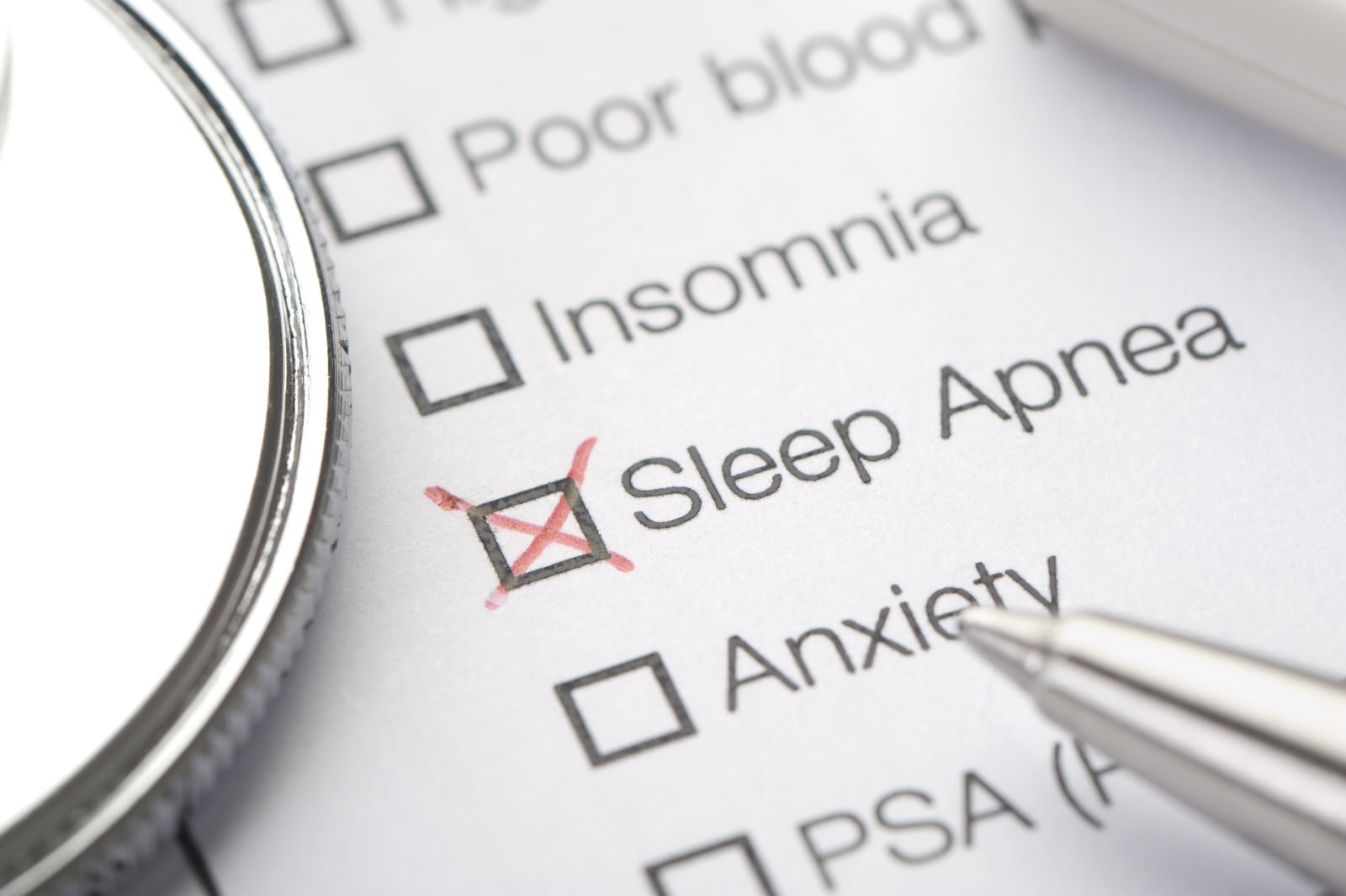
Sleep Apnea Center
Dr. Green has been treating sleep patients for the past 10 years and is a licensed provider for Vivos Therapeutics.
Popular Questions
-
It is explained as a partial or complete collapse of the upper airway during sleep.
-
If you have five or more or these symptoms, having a Sleep Test may be a good idea to screen for your airway health. You can call the office for a consultation and home sleep test at 949-706-0777.
Difficulty falling asleep at night
Snoring
Gasping/choking during sleep
Heart palpitations
Dry mouth upon awakening
Teeth grinding
Asthma
Bed-wetting

Want better sleep?
Did You Know? More than 30 potentially serious health concerns have been linked to oral health and proper development. Things to watch for if your loved one’s sleep concerns you:
Snoring • Adolescent bed-wetting • Atrial Fibrillation
Get the sleep you deserve and start waking up refreshed and rejuvenated. Call us today to schedule a sleep apnea test and be on your way to more peaceful, restorative rest.
Jump To: Info, Videos, FAQs, Sleep Quiz, Make An Appointment
What is Sleep Apnea?
Sleep Apnea is a condition that affects more than 30 million Americans, and is explained as a partial or complete collapse of the upper airway during sleep (i.e. the nose and throat).
Sleep Apnea has become a somewhat common sleep disorder, yet, it is under-diagnosed and oftentimes patients are unaware that they may have a sleep or airway condition. It is increasingly recognized as an important cause of many health problems in the United States, including stroke.
This collapse is typically a result of narrowing of the sinuses or throat passages over time. The repetitive decrease in airflow leads to a decrease in oxygen to the body. Mild Sleep Apnea is defined as an AHI of 5-14, which means that a person stops breathing for 10+ seconds 5-14 times per hour. Another way of looking at this is that a person stops breathing for 50-150 seconds per hour, while severe patients will stop breathing for 5 min or more per hour. As the body receives less oxygen, it enters into a state of survival by turning off certain parts of the body to conserve the remaining oxygen. This oxidative stress can lead to several varying health consequences such as cardiovascular disease, hypertension, atrial fibrillation, snoring, diabetes, chronic fatigue, fibromyalgia, depression, dementia, ADHD, bedwetting, asthma, depression, and headaches, to name a few.
Dr. Green Explains Sleep Apnea
What is Myofuctional Swallowing Disorder? Does your child go to Speech Therapy?
What is Vivos Therapeutics?
Info About Airways & TMJ
Frequently Asked Questions
-
Sleep Apnea is difficult to treat because the person often does not realize that a problem exists. Oftentimes, people attribute their tiredness or health conditions to life stress and thus cure their symptoms with coffee or other feel-good stimulants. Treating sleep apnea starts with a sleep test to determine if any health concerns exist. If a sleep disorder problem does arise, there are a few different methods to treat it. The gold standard has always been to wear a C-PAP to inflate the airway and maintain appropriate oxygen levels. A number of surgical options exist to remove blockages, however, these alternatives have low success rates. A surgical option with better success is Inspire, which places an electrode on a nerve near a person’s lungs to open the airway while you sleep. Lifestyle changes such as diet, postural changes during sleep, and eliminating alcohol before bed can improve the effects of sleep apnea as well. Finally, oral appliance therapy, such as those made by Vivos Therapeutics, have demonstrated that 82% of patients improved their sleep apnea, with 64% improving by 1 category and 28% having no remaining apnea symptoms following treatment. Dr. Green has undergone extensive education to become a licensed provider for Vivos Therapeutics.
-
Dr. Green has been treating sleep patients for the past 10 years. To further his studies, he graduated from the UCLA Sleep Residency Program in 2015 and did a focus on Vivos Therapeutics in 2020. His passion for treating sleep stemmed from a personal experience he had with his daughter. He believed his daughter to have airway disturbances based on the symptoms of bedwetting, attention concerns, teeth grinding, speech delays, and anxiety. After seeking many medical profession opinions, it wasn’t until his success with Vivos Therapeutics oral appliances that led to improvements and successful life changes. She was happier and she felt better. This is a common phrase that Dr. Green has come to hear from his airway management patients….that they feel better overall.
-
Patients often are unsure if the tiredness they feel in the morning is normal or if other health-related factors are present. Below is a list of common conditions present with Sleep Apnea patients.
Difficulty falling asleep at night
Snoring
Gasping/choking during sleep
Heart palpitations
Dry mouth upon awakening
Teeth grinding
Asthma
Bed-wetting
If you have five or more or these symptoms, having a Sleep Test may be a good idea to screen for your airway health. You can call Dr. Green’s office for a consultation and home sleep test at 949-706-0777.
-
Sleep Apnea is a partial or complete collapse of the upper airway (i.e. nose and throat). The hallmark cause of sleep apnea has been being overweight and snoring. These days, further research regarding sleep disorder breathing conditions have shown that narrow upper jaws, narrow sinuses or throat, hormone changes related to menopause, atrial fibrilation, mouth breathing, alcohol, large neck size, smoking, and aging are all potential causes of sleep apnea.
-
Sleep Apnea has 3 stages and its severity is defined by the number of apneas that an individual has per hour. An apnea is marked by a cessation of breathing for 10 seconds or more.
Normal: < 5 apneas per hour
Mild: 5-14 apneas per hour
Moderate: 15-29 apneas per hour
Severe: 30+ apneas per hour -
The biggest risks of untreated sleep apnea include Type 2 diabetes, strokes, and heart attacks. For female patients, less severe risks often include ear ringing, daytime tiredness, depression, memory concerns, decreased libido, fibromyalgia, and difficulty staying asleep at night. For males, it often includes daytime sleepiness, snoring, waking up multiple times a night to go to the bathroom, dementia, and stress to the heart. For adolescents, frequent symptoms can be ADHD, bed wetting, difficulty focusing, behavioural concerns, dark circles under the eyes, and daytime sleepiness.
Sleep Apnea Quiz
Schedule An Appointment Today
Nullam quis risus eget urna mollis ornare vel eu leo. Curabitur blandit tempus porttitor. Vestibulum id ligula porta felis euismod semper.

